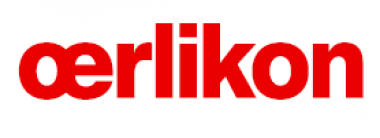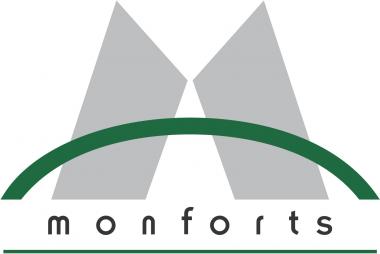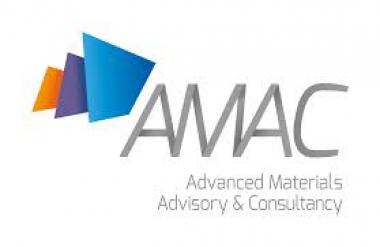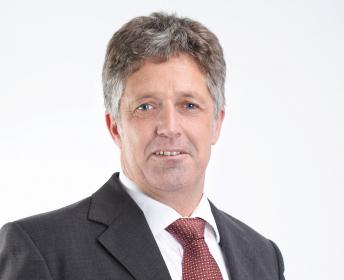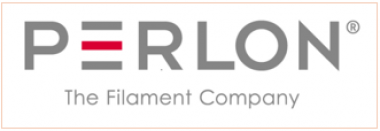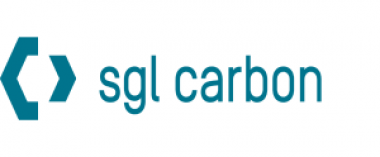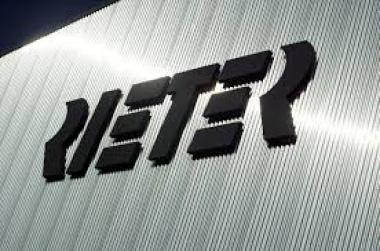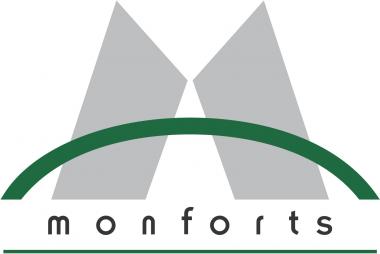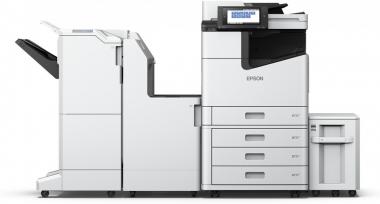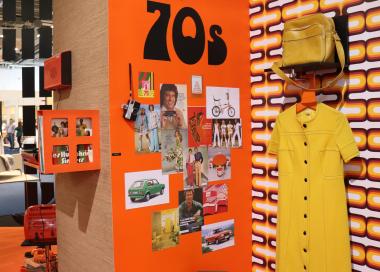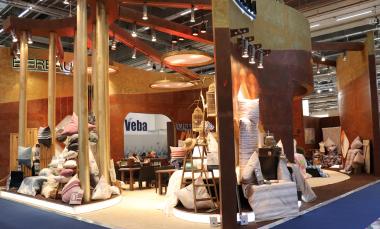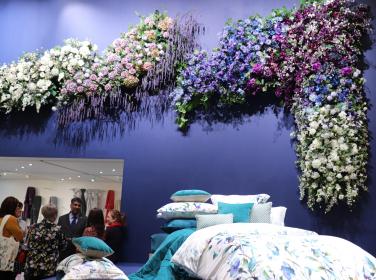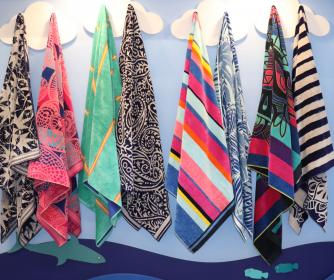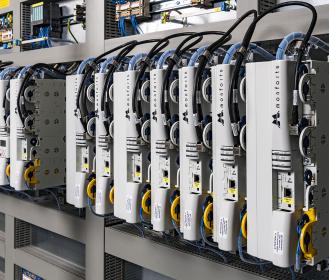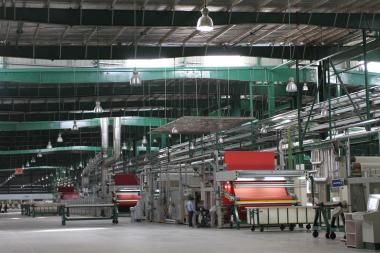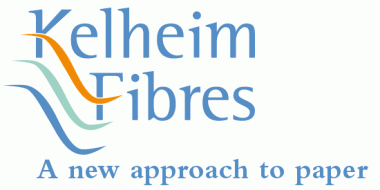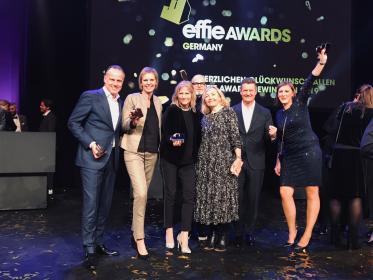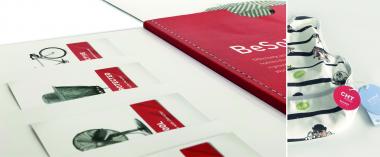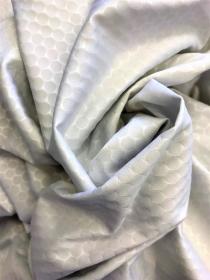Oerlikon Nonwoven expands it laboratory nonwovens production capacities
Materials for in excess of one million protective masks
Within the context of supporting the critical infrastructure in Germany, Oerlikon Nonwoven immediately began converting its laboratory systems in Neumünster to manufacture nonwovens at the end of March. With this, only small local businesses and companies were initially supported in the manufacture of oronasal masks.
With the laboratory system at the R&D Center material for more than one million protective masks a month can be manufactured.
The laboratory has meanwhile run out of raw materials and new orders for replacement materials had to be placed before Easter – with current delivery times of approx. 3 weeks. This will allow production to be resumed, and even considerably expanded, in May.
The laboratory system is now once again being deployed to produce nonwovens that will be used to make more than million face masks / oronasal masks a month. “We will not be manufacturing the masks ourselves. We have meanwhile found both corresponding partner companies and also private individuals demanding nonwovens”, adds Andreas Frisch, commenting on the developments.
Boom in orders
Furthermore, Oerlikon Nonwoven has also fired up the production of the machines and systems used for its meltblown technology. The demand from Germany, Europe and the rest of the world has quickly
secured the company a high in orders..
We will be commissioning the first meltblown system at the site of a leading Western European nonwovens producers in the second quarter of 2020. The capacities for respiratory masks available in Europe to date are predominantly manufactured on Oerlikon
Nonwoven systems.
Marketing, Corporate Communications & Public Affairs


